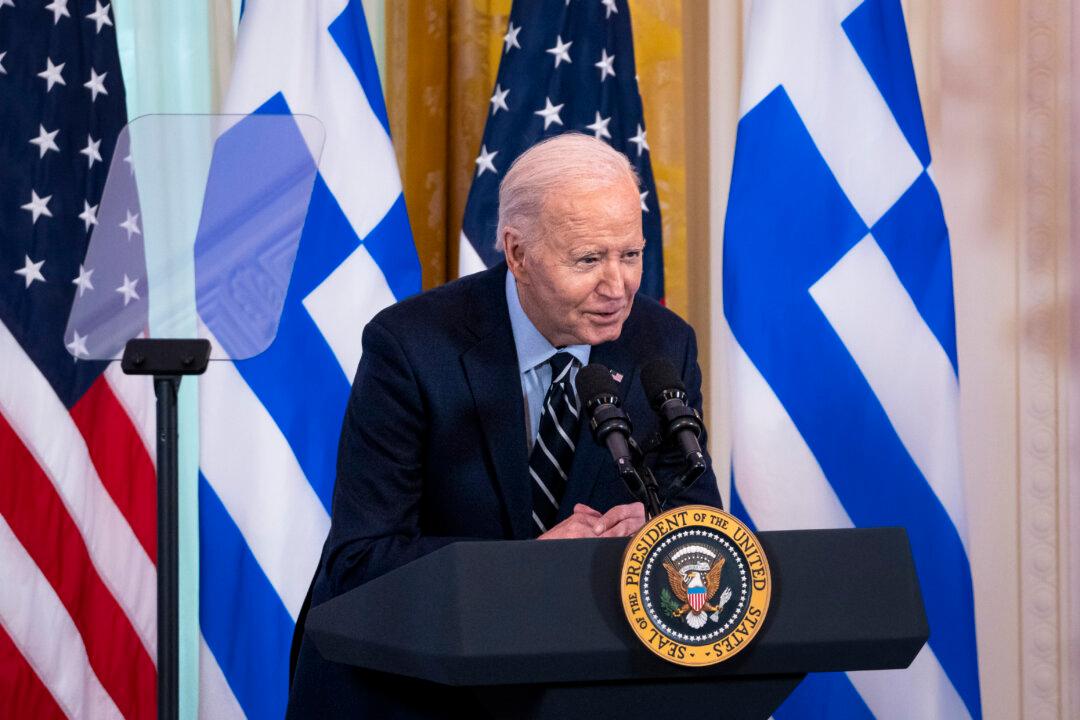A power struggle over voter registration is playing out between the White House and some secretaries of state who say the federal government is trying to take over the voter registration processes from states.
It stems from President Joe Biden’s March 2021 Executive Order 14019, saying, “It is the responsibility of the Federal Government to expand access to, and education about, voter registration and election information.” This is in opposition to Article 1 Section 4 of the U.S. Constitution, which says the times, places, and manner of holding elections shall be left to the state legislatures. Matters of voting have always been a state-level function.





